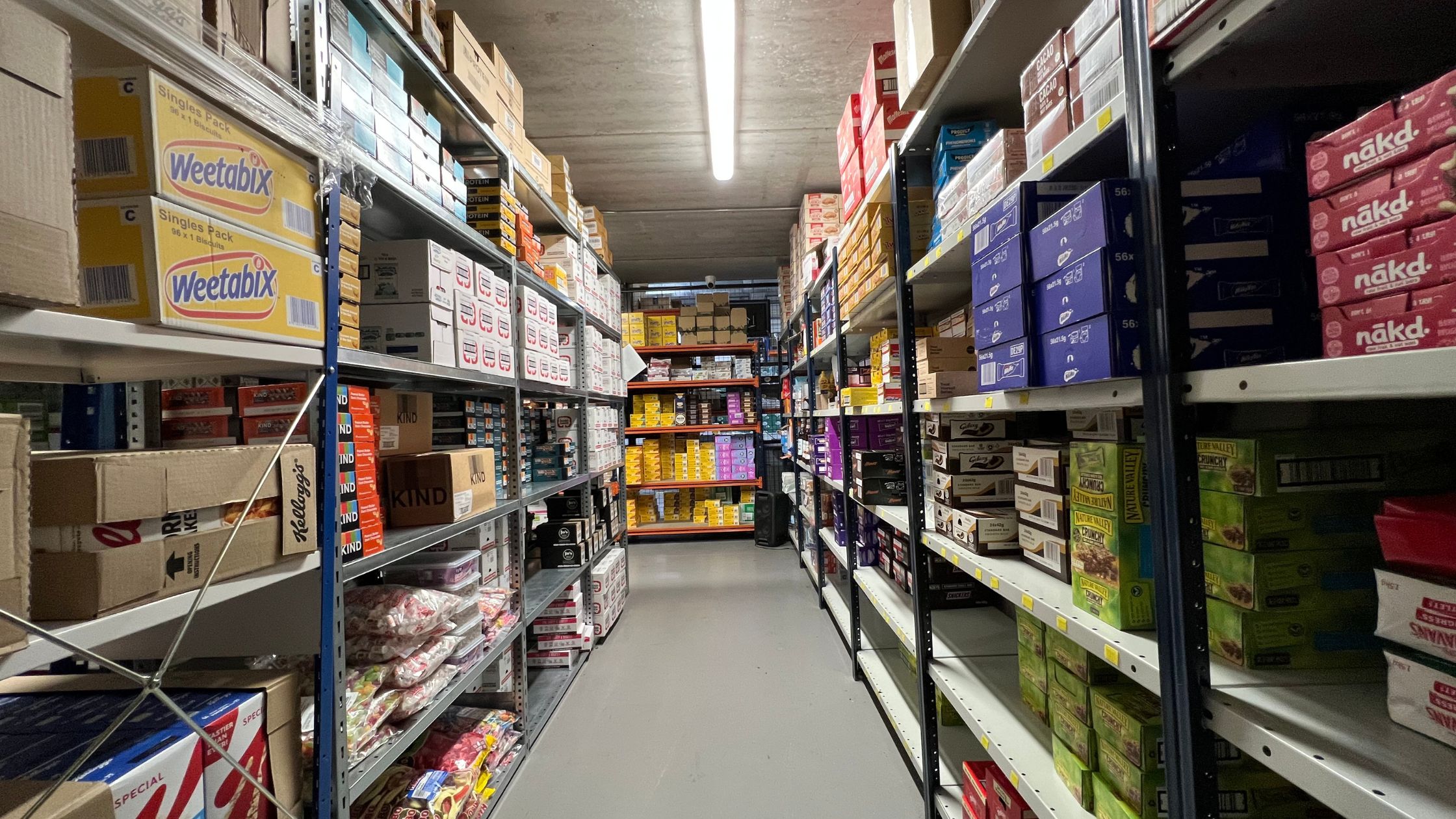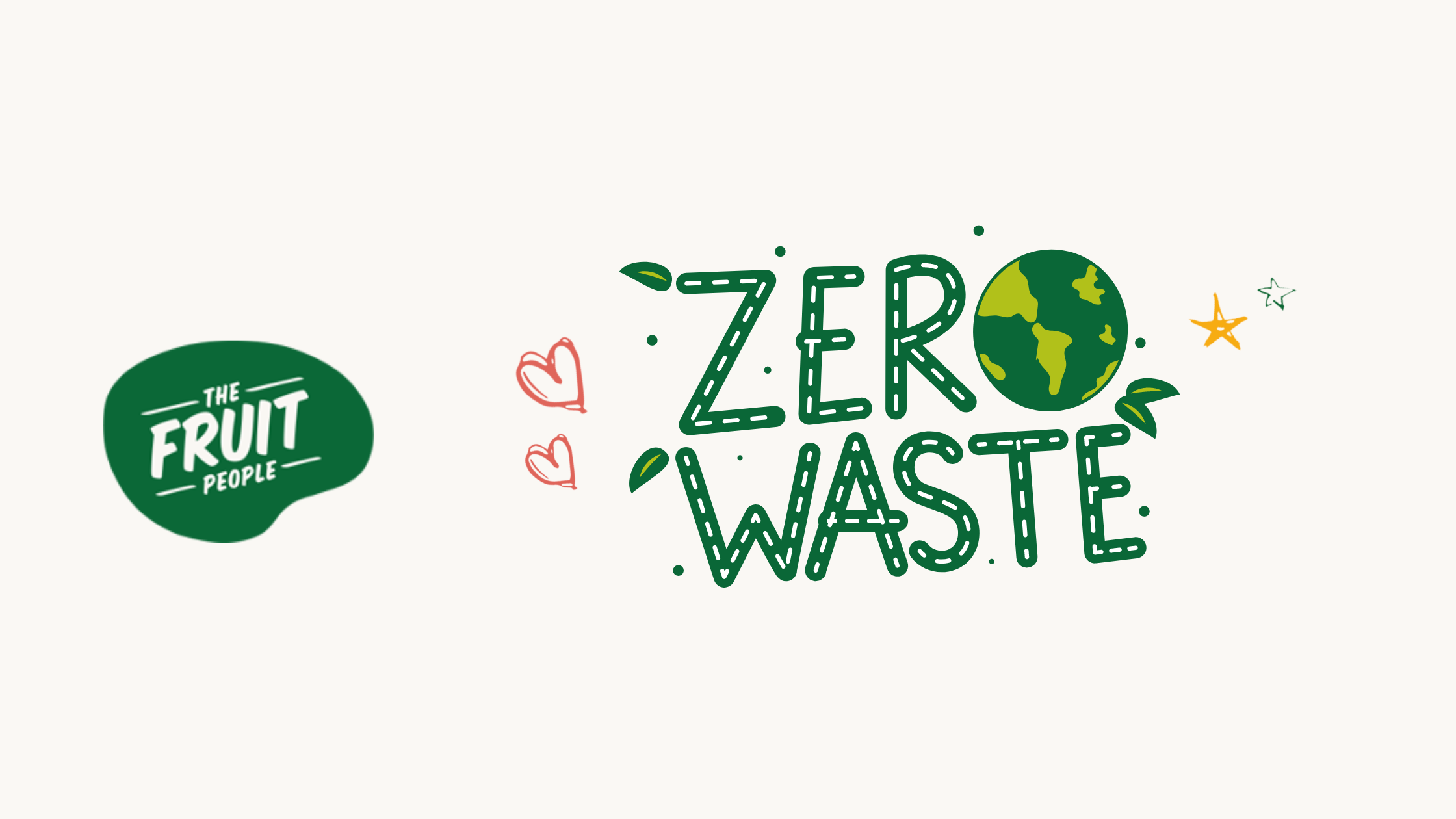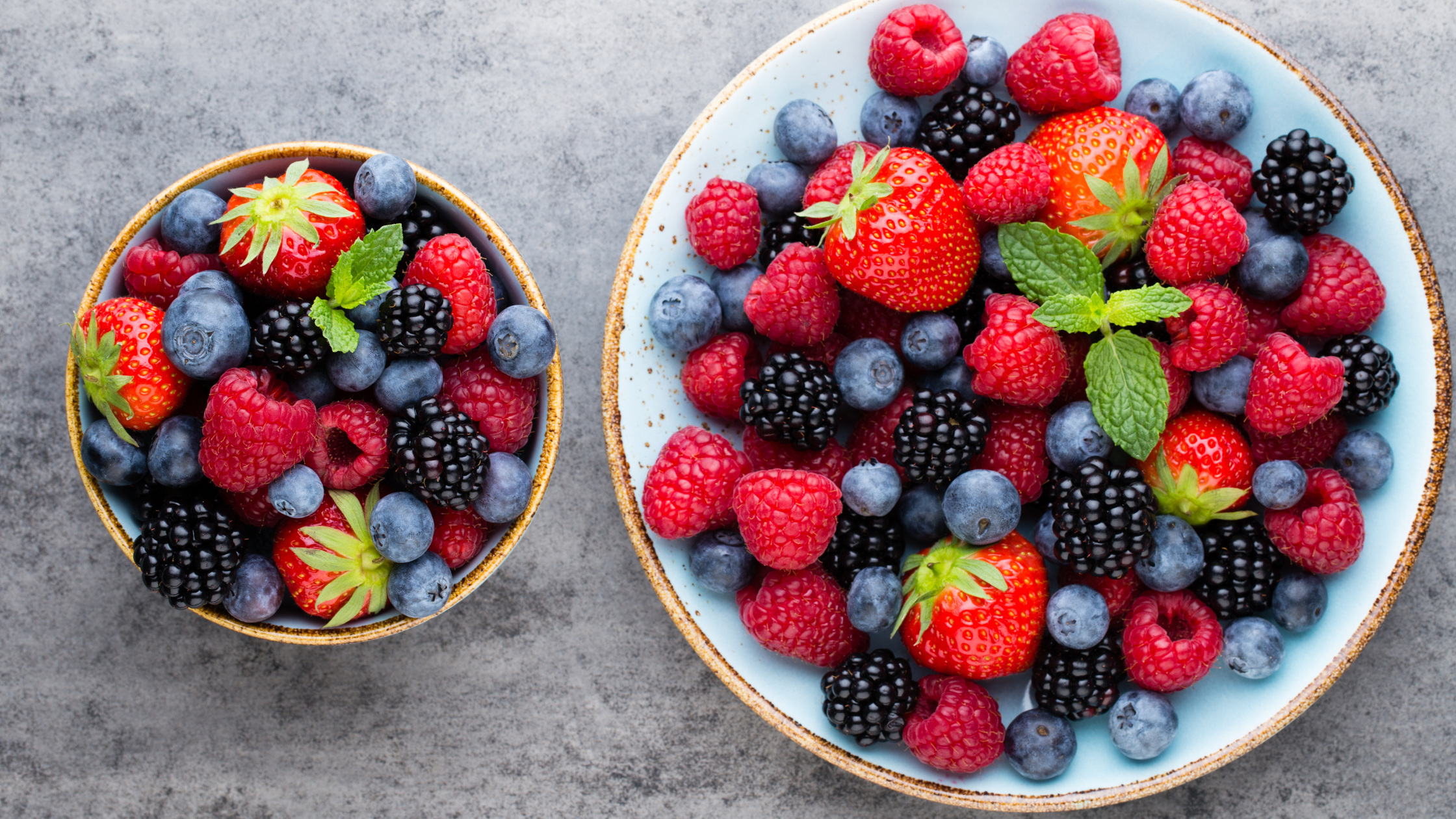Intro
So far in our Nutrition 101 blog series, we’ve looked at how to fuel your workday effectively, and macronutrients. We’re continuing the series with another important topic in nutrition, micronutrients! If you would like to learn more about food and how it affects your body, keep on reading.
Micronutrients – what are they?
Micronutrients are a group of nutrients needed by your body to survive and thrive. Unlike macronutrients, you only need a small amount of these nutrients (hence the name micro). Micronutrients include two overarching groups, vitamins and minerals. We’re not going to cover all of the micronutrients today but here is the lowdown on some of the well-known ones!

Vitamins
B Vitamins
There are 8 types of B Vitamins including riboflavin and folate, which you may have heard of. They are most commonly found in meat, legumes and potatoes. Vitamin B12 is not readily available in the majority of plant products however, which can be a problem for vegans. Supplements can normally solve this issue. B Vitamins play a role in both the release of energy from carbs, the production of DNA and nerve function.
Vitamin C
Perhaps best known as the orange tablet to take when you feel a cold coming on, or the vitamin that is associated with the orange fruit, vitamin C is a strong antioxidant that may help boost the immune system. It also helps maintain healthy connective tissue such as bones and teeth! Plant foods are generally great sources of Vitamin C, with blackcurrants, strawberries, bell peppers, kale and broccoli all offering high amounts.
Vitamin D
This is the vitamin we lack quite a bit of in Ireland! The main source of Vitamin D is the sun, something that is not always readily available here (sigh!). Vitamin D is important to help with the absorption of the mineral Calcium, needed for building bones and keeping them healthy. If you’re not getting enough sunlight, you can opt for fortified dairy products, soy milk, orange juice or some cereals or you may be recommended to take Vitamin D supplements to maintain a healthy level of this micronutrient.
Minerals
Calcium
As we’ve just mentioned, Calcium is a mineral whose main roles include building strong bones and teeth and regulating your heartbeat. Dairy foods such as milk and cheese are fantastic sources of Calcium. What you might not know is that leafy greens (excluding spinach) are also great sources!
Potassium
Potassium has important functions such as controlling the balance of fluid in the body. This is one reason you’ll often see athletes eating bananas during breaks! Some studies have even shown potassium helping to lower blood pressure. Luckily, most types of food contain potassium so there is no excuse to not get enough. While bananas are portrayed as the king of potassium, kiwis and avocados actually take that mantle, containing more of the mineral per 100g!
Iron
Iron helps make red blood cells that carry oxygen throughout your body. Some of the best food sources include meat, beans, nuts and dried fruits. While spinach is thought of as a good source of iron, it actually contains a substance that makes it hard to absorb it. Thanks for nothing Popeye! It’s also worth pointing out that tea and coffee can also inhibit the absorption of iron.
There are many more vitamins and minerals worth exploring, and if there is enough interest we will definitely write a Part II! Check out the other blog posts in this Nutrition 101 series by clicking here.






